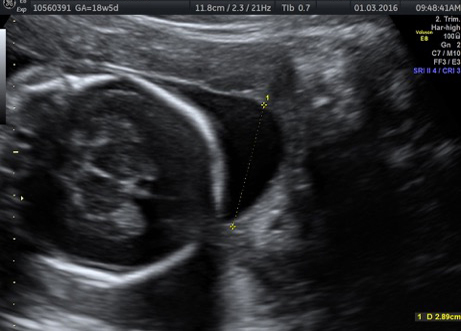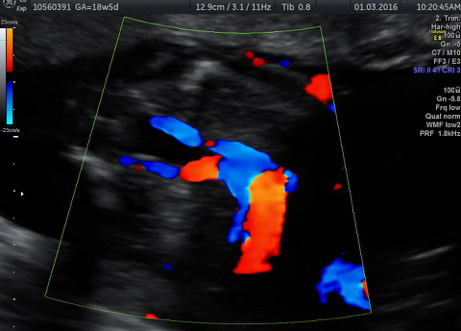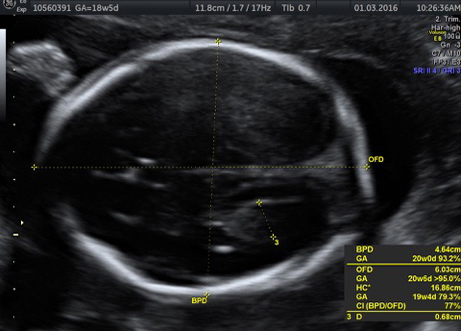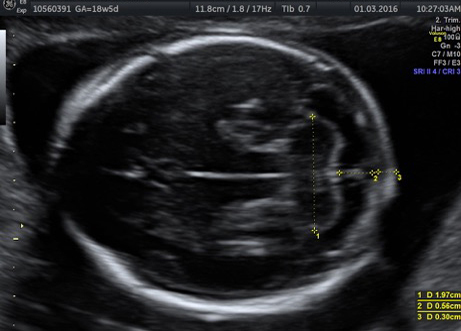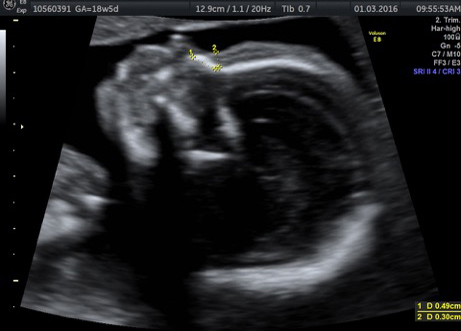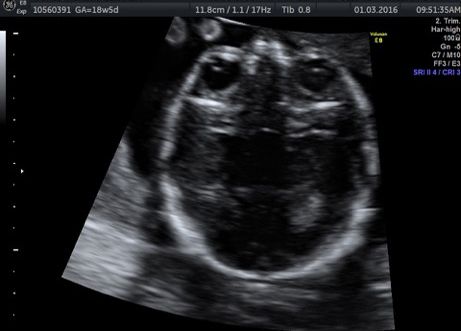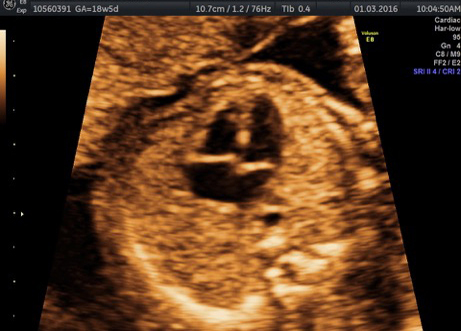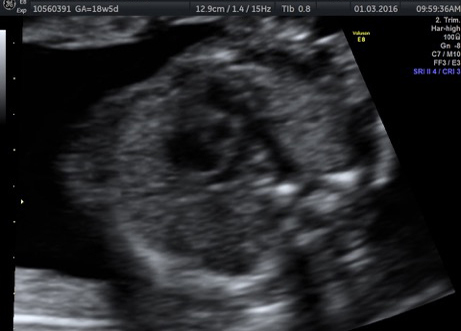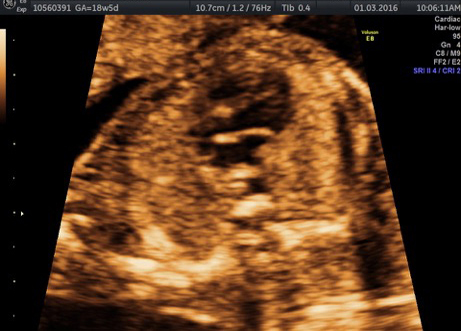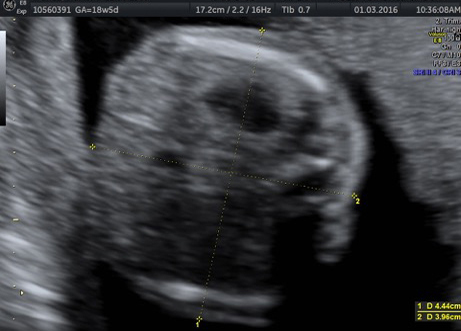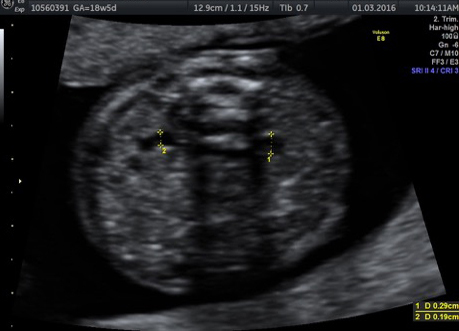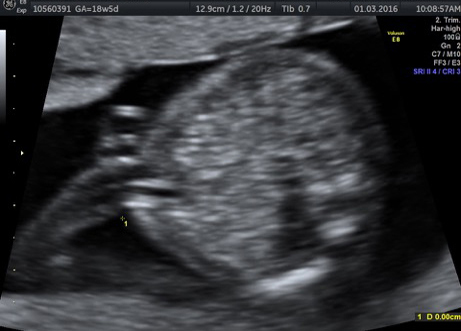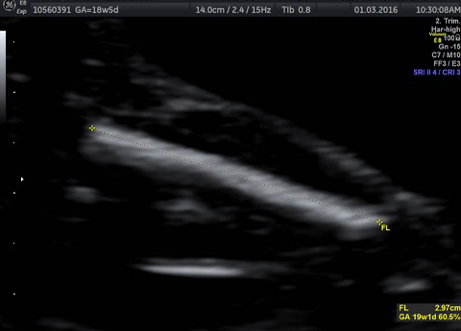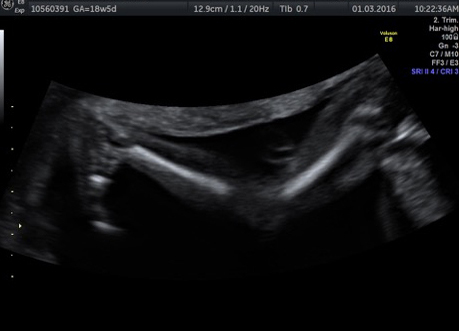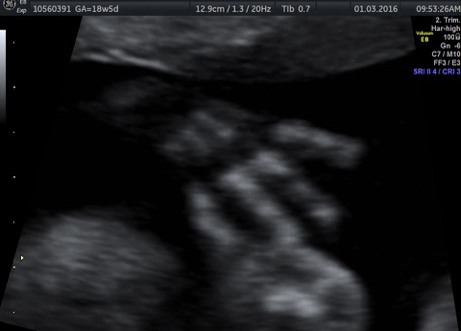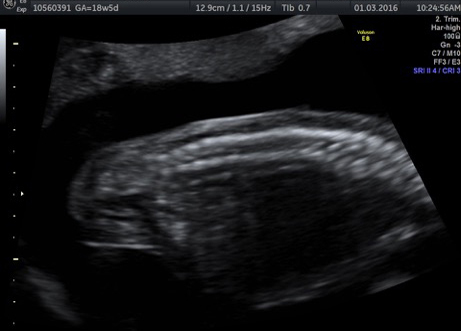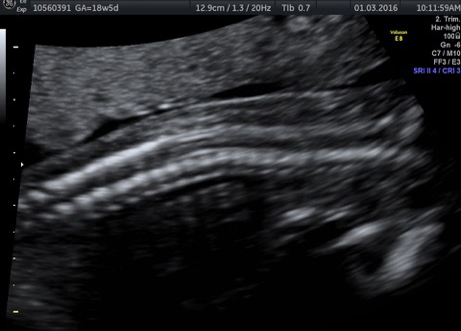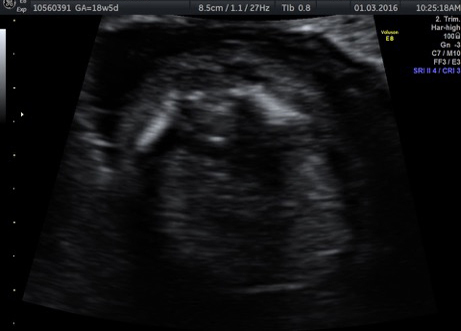As the fetus develops, the diaphragm (the breathing muscle between the chest and the abdomen) sometimes does not grow properly. It may develop a hole or even be absent. This is called congenital diaphragmatic hernia (CDH).
Because of the defect, the intestines and other organs in the abdomen can enter the chest, where they press against the lungs and limit their development and growth.
CDH also can cause blood vessel abnormalities and pulmonary hypertension, or high blood pressure. Babies born with CDH usually have breathing problems, and they may have issues because of improper development of other organs, including the heart, brain, kidneys and intestines.
CDH may occur on the left or right side of the body.
Approximately one in 2,500 to 5,000 babies has CDH. Diagnosis usually is by routine ultrasound during the second trimester of pregnancy. However, some cases of CDH are not found until after birth. A small number are found later in life or not at all.
If the doctor suspects CDH, other tests including fetal MRI, amniocentesis and fetal echocardiogram, may be recommended. If a CDH is present, the fetus and mother will be closely monitored during pregnancy, and several ultrasounds will be conducted.
Most babies with CDH are delivered vaginally. They are at an elevated risk for respiratory problems and will be carefully evaluated after birth. The baby may require specialized treatment including ECMO (extracorporeal membrane oxygenation), a way to add oxygen to the blood and let the lungs rest, also called heart-lung bypass.
Surgical repair of CDH generally is done after the baby has stabilized, sometimes as soon as three days after birth.
However, if CDH is severe, fetal tracheal occlusion may be an option.
Apollo Centre for Fetal Medicine offers a comprehensive, multidisciplinary approach to CDH, including the most advanced therapies.




